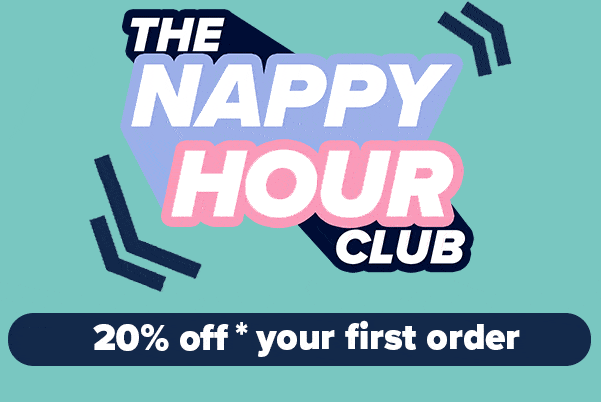Navigating parenthood isn’t always the easiest, especially as a first-time mother. Beyond the standard responsibilities that each provide their own type of pressure, you’ll come across a million different opinions on what, how, why, and when you should do ‘X’ and ‘Y’ for your baby. Baby-led weaning is a method that sometimes divides the parenting community. Some parents believe it’s a choking hazard that can waste time and food, while others insist it promotes good eating habits while giving the baby confidence in their abilities. If you’re looking to experiment with this process, here’s a breakdown of everything you need to know.
What is baby-led weaning?
The popular baby-led weaning method means introducing your baby to the process of feeding themselves solid foods, as opposed to you spoon-feeding them pureed food. By exploring this skill from the point of six months old, your little one should reap a variety of benefits that they can take with them into childhood and then adulthood.
What are the benefits of baby-led weaning?
Parents who advocate baby-led weaning (BLW) speak passionately about the way the method can encourage positive eating behaviours within our babies, as well as the following benefits:
Prevent excessive weight gain – When we rely on spoon-feeding our babies, the risk of overfeeding is heightened. One study found that infants who were weaned using BLW tend to be around 2.2 pounds lighter at 18-24 months than those who were spoon-fed.
Make mealtimes easier – Instead of purchasing pureed food or making your own versions, your baby can enjoy the same family meals that you do! Just make sure you prepare dishes appropriate for the baby-led weaning method, such as avocado pasta salad, soft-crust pizza, and mac and cheese.
Teach new skills – Hand-eye coordination can improve during the BLW stage, and the healthy exploration of new tastes and textures can teach your baby their likes and dislikes.
What are baby-led weaning foods?
In short, BLW foods are finger foods that the baby can feed themselves. When your little one reaches six months old, you can begin introducing solid foods into their diet. This can include cooked pasta, sweet potato wedges, bread sticks, and rice cakes.
Title
What are baby-led weaning recipes?
You can find countless BLW recipes online. As your baby begins to understand their tastebuds and preferences, you could even begin making family meals based on your baby-led weaning journey. This will save you time in the kitchen as well as make family mealtimes that much more special.
For breakfast, you might consider omelettes or mini muffins; for lunch, pasta or fish fingers might be on the menu, and dinner could include mini shepherd’s pies.
What food to start with
Want to embark on the BLW journey but unsure which items of food to begin with? Ripe fruit and soft vegetables are a good place to start. You could try:
- Half of a banana
- Roasted apple wedges
- Melon slices
- Sauteed green beans
- Avocado
Remember that it’s crucial that any food you cook is given adequate time to cool down before being served to your baby.

When to start baby-led weaning
It’s important to note that every baby is different, however, the general rule of thumb is that they should be ready to start baby-led weaning by the time they reach six months old. If your little one hits this age and begins showing the following three signs, then there’s a great chance they’re good to go!
- They swallow their food instead of spitting it out.
- They can sit upright and hold their head steady.
- They can look at their food, pick it up, and put it in their mouth (showing good coordination).
Even if your baby is showing the above signs before they reach six months, it’s important to wait. Your child needs time to develop so that handling solid foods goes as ‘smoothly’ as possible, and breast milk or infant formula provides all the energy and nutrients they need, anyway.
When to wean your baby off the bottle
Experts suggest that your baby should no longer be fed using a bottle at the one-year mark. Once they reach their first birthday, you should be actively discouraging feeding from a bottle; instead, focus your efforts on solid foods with breastmilk to support them if relevant to your personal circumstances.

Every situation is different!
Parenting is a marathon, not a sprint. It’s crucial you don’t spend too much time or energy getting caught up in what others are doing. You know your baby better than anyone else! Do your research, consider the guidelines provided by healthcare professionals, and follow the method best suited to your little one.
Browse our range of newborn essentials that will help you take care of your baby with ease.

